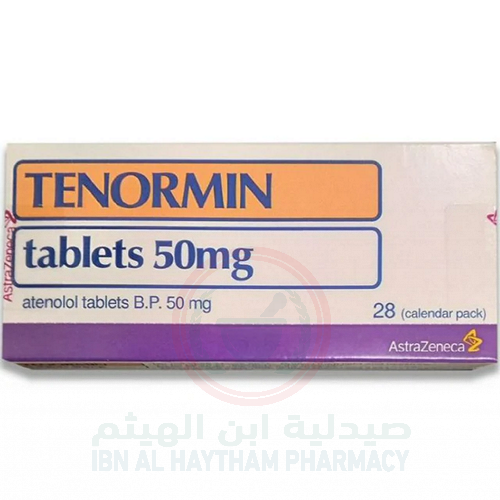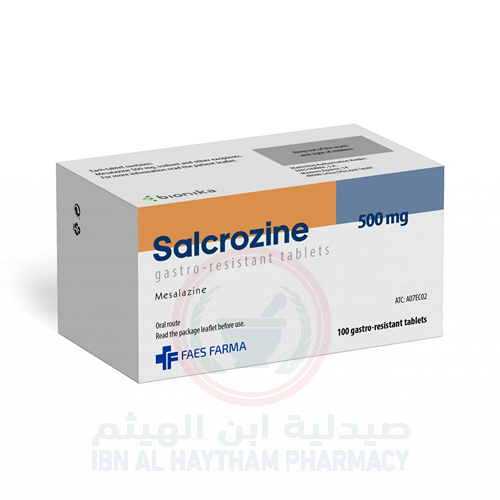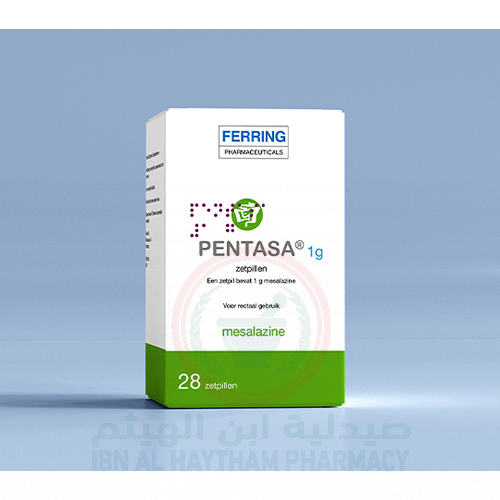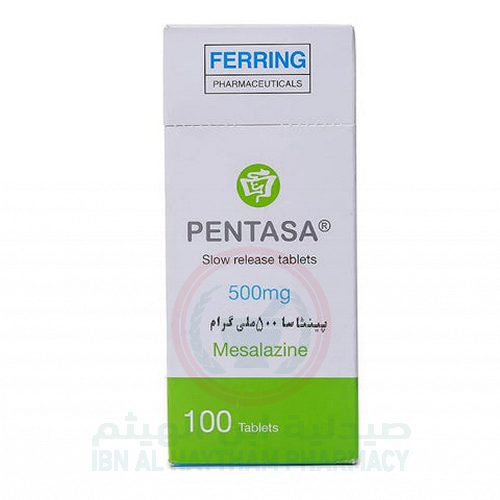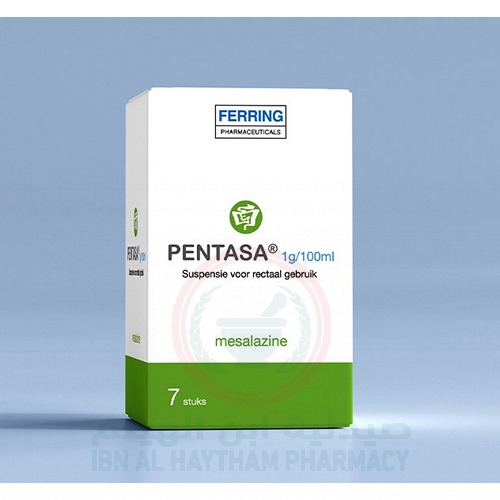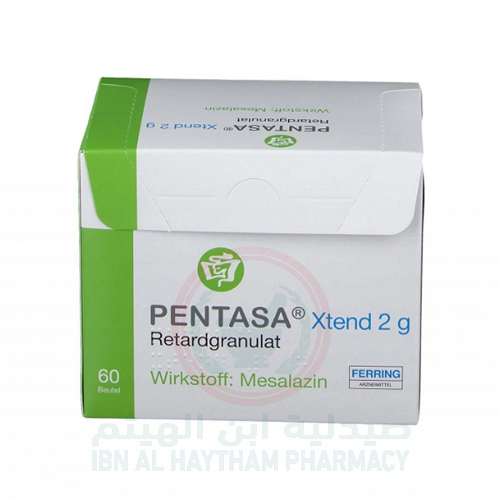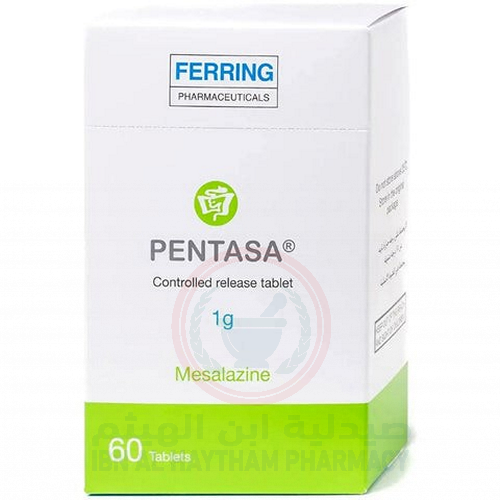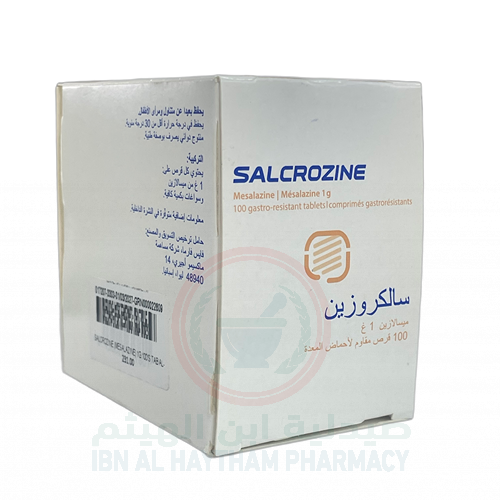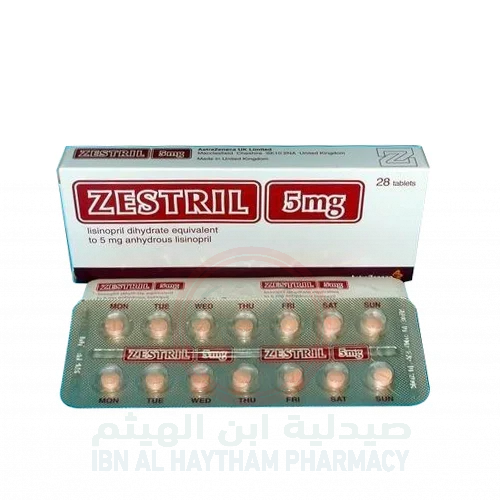Tenormin (atenolol) is effective in managing high blood pressure and heart-related conditions, but it requires careful use in patients with respiratory conditions, heart problems, and diabetes. Regular monitoring by a healthcare provider is recommended during use to ensure proper adjustment and to avoid complications.
Tenormin 50mg Tablet contains atenolol as the active ingredient. Atenolol is a beta-blocker used primarily for treating high blood pressure (hypertension), chest pain (angina), and for improving survival after a heart attack. It works by blocking beta receptors in the heart, which reduces the heart rate and the heart's demand for oxygen.
Side Effects:
Common Side Effects: Fatigue, dizziness, slow heart rate, cold extremities, and gastrointestinal discomfort (e.g., nausea).
Serious Side Effects: Shortness of breath, depression, swelling in the hands or feet, and potential heart block or severe bradycardia in sensitive individuals.
Precautions:
Heart Conditions: Not suitable for patients with severe heart block or certain types of arrhythmias (irregular heartbeat).
Asthma and Respiratory Issues: Atenolol may worsen breathing problems, especially in patients with asthma or chronic obstructive pulmonary disease (COPD).
Pregnancy and Breastfeeding: Should be used with caution during pregnancy and breastfeeding. It is advised to consult with a healthcare provider before use in these conditions.
Diabetes: Atenolol can mask the symptoms of low blood sugar (hypoglycemia) in diabetic patients.
Uses:
Treatment of high blood pressure (hypertension).
Management of chest pain (angina).
Prevention of recurrent heart attacks.
Treatment of certain types of arrhythmias (irregular heartbeats).
Benefits:
Helps reduce blood pressure and strain on the heart.
Lowers the risk of heart attacks and stroke when used for long-term management.
Can improve quality of life by reducing symptoms of angina and irregular heart rhythms.
The typical dose for adults with high blood pressure is 50mg once daily. This can be adjusted based on the individual’s response to treatment.
For chest pain (angina), the typical starting dose is 50mg once daily, which may be increased depending on the patient's condition.
Dosage adjustments are necessary for patients with kidney impairment.
Always follow your healthcare provider's prescribed dosage and instructions.
